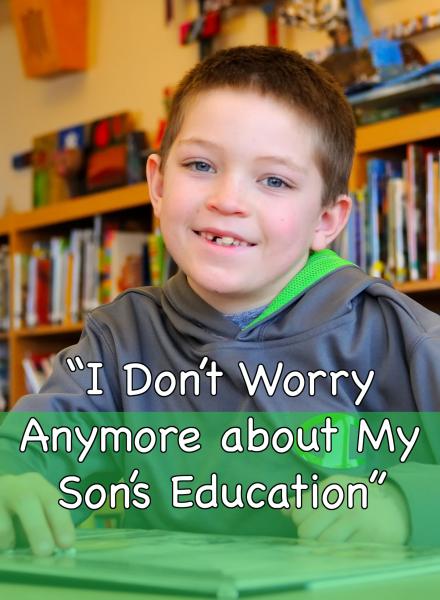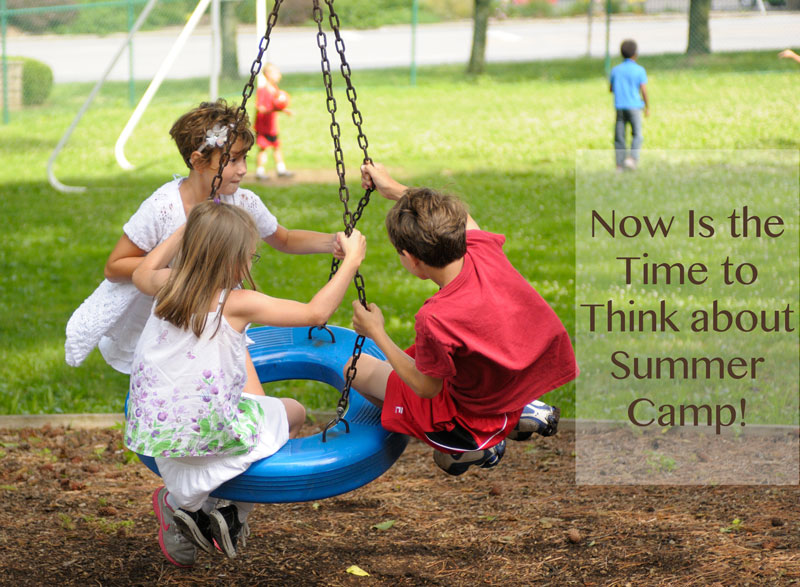
“I Don’t Worry Anymore about My Son’s Education”
February 3, 2015
Now Is the Time to Think about Summer Camp!
February 10, 2015
Sarah cringes when the school’s number pops up on caller I.D. Since fourth grade, it has been nothing but bad news. Paul’s teacher calls to discuss his inability to wait his turn, frequently calling out answers in class and interrupting others.
The conversation is always the same. "Paul is such a smart boy, but his lack of self-control and impulsivity in and out of class make it difficult for him to be successful.”
The teacher seems to be getting more and more impatient with him, and wants suggestions on how to help. Punishments or talking to Paul about his behavior just doesn’t seem to work. He agrees to try harder, but fails daily. Sarah tries to follow through at home, but nothing seems to stick.
Self-control is just one of a constellation of skills that also includes organization, planning ahead, remembering, prioritizing, and thinking flexibly – “executive skills” that are essential for success in school.
Children with executive skill issues rarely respond to "talking to's" or punishment as a way to extinguish problematic behaviors. Dr. Peg Dawson, author of Smart But Scattered, and Executive Skills in Children and Adolescents, suggests a six-step plan as one approach to supporting children who have trouble with self-control. This process can be used at home and at school.
- Together with the child, identify the situations where impulsive behaviors occur. Define what behavior is desired.
- Come to an agreement on a rule for the situation that focuses on what the student can do to control impulses. Building in a couple of choices allows for the child to feel more control.
- Together with the child, decide on a signal both the child will use when he begins to feel excited, and the adult will use when witnessing the beginning of the behavior. Subtle hand gestures work well.
- Practice over a couple of days, and set the child up for success by reminding him, privately, of the expected behavior and procedure, before an event or activity.
- Praise the smallest success, and review with the child how the process worked for him. A 5 might be "Went well, without a hitch," and a 1 might be, "That didn't go well."

- Keep documentation simple. Set a start date, make your own notation of how it is going, 5-1, and set a date two to three weeks out, to evaluate the entire plan. If this is used at school, this review date can be a time to tweak, celebrate or address a different difficult behavior.
You can learn more strategies for helping children who struggle with all of these executive skills when Dr. Dawson visits Cincinnati in March. Springer is partnering with Cincinnati Children’s Hospital Medical Center to bring Dr. Dawson for an evening program for parents. Calming the Chaos: Essential Skills That Help Smart but Scattered Students Reach Their Full Potential will be offered on Wednesday, March 18, 7:00 to 9:00 at the Sharonville Convention Center. Visit Springer’s website for more information and to register.
Blogger and Director of Learning Programs, Carmen Mendoza, MEd, shares her expertise in understanding students with learning disabilities. If you have questions, please contact Carmen at .



